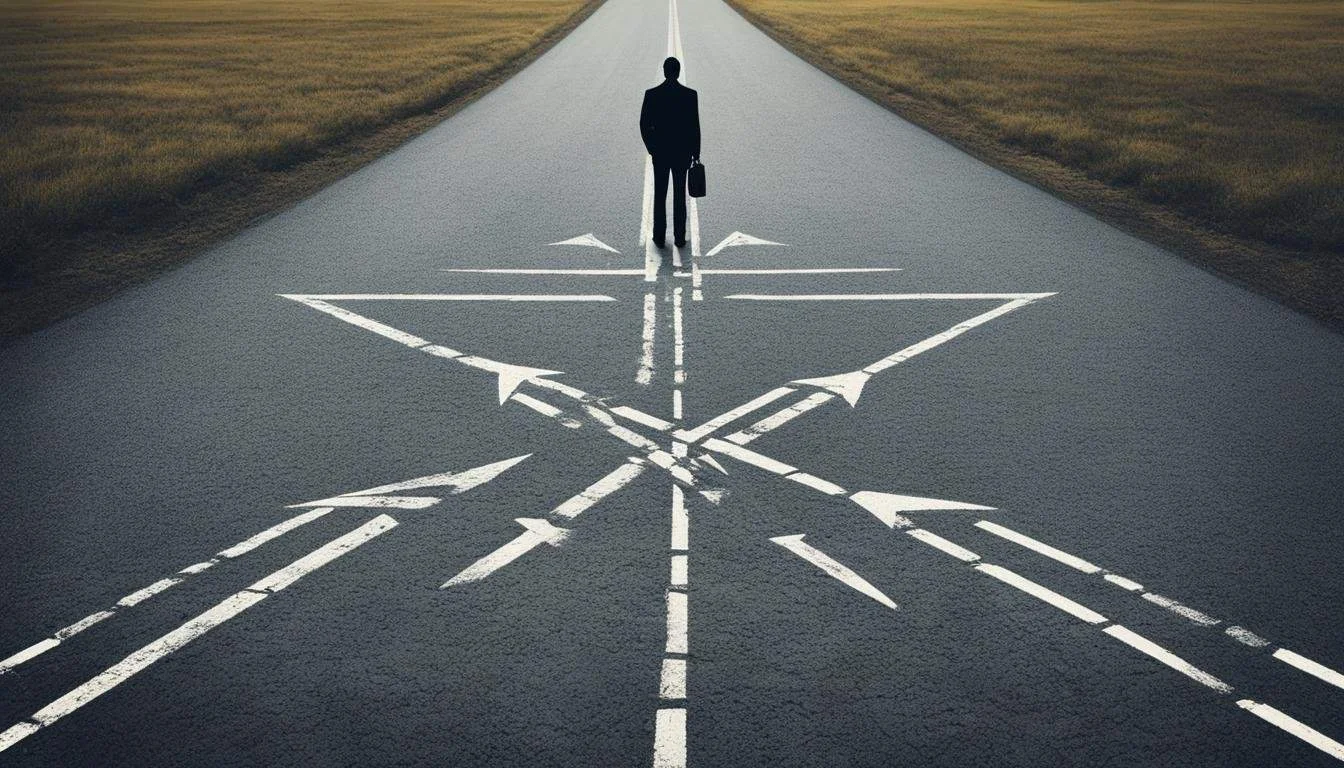We have so little control over our lives. The only thing we can really control is what we spend our days on.
Austin Kleon, Keep Going: 10 Ways to Stay Creative in Good Times and Bad
When you need to recharge, get out of a dead end, burnout, despair or creative crisis, find out what to do or stop doing, relax or gather, get a little push or direction, there may not be the right person around. But you may need a book.
What should such a book be like? Exciting, focused, but accessible, inspiring, full of true stories, research and experience, one that would provoke serious changes in the reader’s life, move convolutions of their brain, awake enthusiasm. Here are some motivational books for you.
Women of not just one book
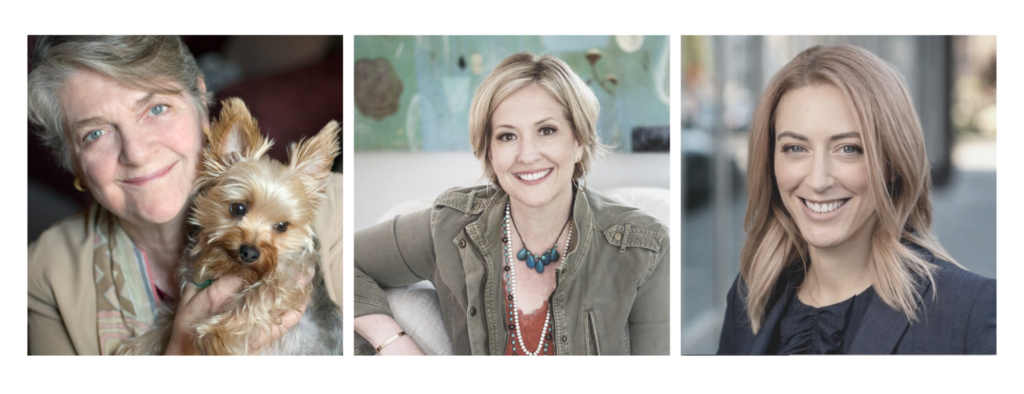
The brilliant mind, curiosity, wit and applicability of the texts unite these women. They research deeply, listen carefully to the experiences of others, analyze, draw conclusions and offer the latest tools.
Kelly McGonigal
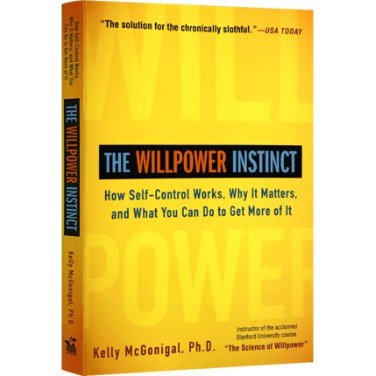

Stanley University professor Kelly McGonigal explores the relationship between a person’s physical and mental states, devoting a lot of time to stress, meditation and self-control. Self-control is a muscle, willpower is an exhaustive resource, and stress determines who we are.
“Why does stress lead to cravings? It’s part of the brain’s rescue mission. Previously, we saw how
stress prompts a fight-or-flight response, a coordinated set of changes in the body that allows you to
defend yourself against danger. But your brain isn’t just motivated to protect your life—it wants to
protect your mood, too. So whenever you are under stress, your brain is going to point you toward
whatever it thinks will make you happy. Neuroscientists have shown that stress—including negative
emotions like anger, sadness, self-doubt, and anxiety—shifts the brain into a reward-seeking state.
You end up craving whatever substance or activity your brain associates with the promise of reward,
and you become convinced that the “reward” is the only way to feel better.”(…)
“In moments far away from stress, we may know that food doesn’t really make us feel better, but this
clarity flies out the window when we’re stressed out and the brain’s reward system is screaming at
us, “There’s a pint of Ben and Jerry’s in the freezer!” Stress points us in the wrong direction, away
from our clear-headed wisdom and toward our least helpful instincts. That’s the power of the one-two
punch of stress and dopamine: We are drawn back again and again to coping strategies that don’t
work, but that our primitive brains persistently believe are the gateway to bliss.”
“While many of the most popular stress-relief strategies fail to make us feel better, some
strategies really work. According to the American Psychological Association, the most effective
stress-relief strategies are exercising or playing sports, praying or attending a religious service,
reading, listening to music, spending time with friends or family, getting a massage, going
outside for a walk, meditating or doing yoga, and spending time with a creative hobby. (The
least effective strategies are gambling, shopping, smoking, drinking, eating, playing video games,
surfing the Internet, and watching TV or movies for more than two hours.)
The main difference between the strategies that work and the strategies that don’t? Rather than
releasing dopamine and relying on the promise of reward, the real stress relievers boost mood-
enhancing brain chemicals like serotonin and GABA, as well as the feel-good hormone oxytocin.
They also help shut down the brain’s stress response, reduce stress hormones in the body, and
induce the healing relaxation response. Because they aren’t exciting like the dopamine releasers,
we tend to underestimate how good they will make us feel. And so we forget about these
strategies not because they don’t work, but because when we’re stressed, our brains persistently
mis-predict what will make us happy. This means that we’ll often talk ourselves out of doing the
very thing that will actually make us feel better.”
Kelly McGonigal – Willpower
Bibliography:
- ”Yoga for Pain Relief: Simple Practices to Calm Your Mind and Heal Your Chronic Pain”, 2009
- ”The Willpower Instinct: How Self-Control Works, Why It Matters, and What You Can Do to Get More of It”, 2012
- ”The Neuroscience of Change: A Compassion-Based Program for Personal Transformation”, 2012
- ”The Upside of Stress: Why Stress Is Good for You, and How to Get Good at It”, 2015
- ”The Science of Compassion: A Modern Approach for Cultivating Empathy, Love, and Connection”, 2016
- ”The Joy of Movement: How Exercise Helps Us Find Happiness, Hope, Connection, and Courage”, 2019
Read also: about Kelly McGonigal and adequate self-motivation.
Brene Brown
Brene Brown is a researcher of courage, vulnerability, shame and empathy, who has managed to overcome her own addictions, including alcohol and excessive control. Professor and social worker.
“Staying vulnerable is a risk we have to take if we want to experience connection.”
― Brené Brown, The Gifts of Imperfection: Let Go of Who You Think You’re Supposed to Be and Embrace Who You Are

Selected works:
- I Thought It Was Just Me (But It Isn’t): Telling the Truth About Perfectionism, Inadequacy and Power. Avery, 2007
- The Gifts of Imperfection: Let Go of Who You Think You’re Supposed to Be and Embrace Who You Are. Center City, MN: Hazelden, 2010
- Daring Greatly: How the Courage to Be Vulnerable Transforms the Way We Live, Love, Parent and Lead. New York City: Gotham, 2012
- Rising Strong: The Reckoning, the Rumble, the Revolution. Spiegel & Grau, now Random House, 2015
- Braving the Wilderness: The Quest for True Belonging and the Courage to Stand Alone. Random House, 2017
- Dare to Lead: Brave Work. Tough Conversations. Whole Hearts. Random House, 2018
Barbara Sher

Barbara Cher is a profound wisdom and analysis that is ahead of time and doesn’t lose relevance. She is an excellent speaker, career and life coach.
After reading the titles of her books (especially in Ukrainian translation), you can think okaaay, another book about success or dreams, full of water, however, this is not the case: every phrase of Barbara hits istraight into the heart and fills with reflections. The author looks into the depths of phenomena and gives practical tools. Her books can be easily broken down into quotes.
“Pride is a thin substitute for sincere, openhearted dignity.”
― Barbara Sher, I Could Do Anything If I Only Knew What It Was: How to Discover What You Really Want and How to Get It
Bibliography:
- Wishcraft: How To Get What You Really Want, 1978 Viking Press, 1984 Ballantine
- Teamworks: Building Support Groups That Guarantee Success!, Warner Books, 1989
- I Could Do Anything If I Only Knew What It Was, 1994 Dell, Delacorte
- Live the Life You Love In 10 Easy Step By Step Lessons, 1996, Dell Delacorte
- It’s Only Too Late If You Don’t Start Now: How to Create Your Second Life at Any Age, 1999, Dell Delacorte
- Barbara Sher’s Idea Book: How to Do What You Love Without Starving to Death, 2004, Genius Press Unlimited
- Refuse to Choose!: A Revolutionary Program for Doing Everything That You Love, 2006 Rodale
12-week creativity recovery program
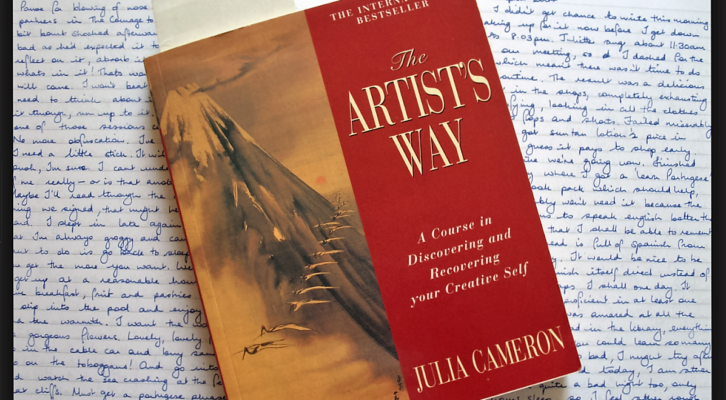
It is convenient to read the book with friends, a chapter per week, doing a variety of creative and not very tasks, the main of which – “morning pages” (you need to write 3 pages of text each morning as a kind of meditation) and go on “creative dates” – weekly meetings with yourself.
Ignoring the New Age flair and somewhat pathetic mentoring tone of the author, the book contains a lot of food for thought, poetics and threads for personal recovery. The author claims that this is a method of overcoming creative stagnation nurtured over the years and repeatedly tested. Where artist is not only a person from the list of established “creative professions”, but anyone.
Artist’s Way Content week by week
“What we really want to do is what we are really meant to do. When we do what we are meant to do, money comes to us, doors open for us, we feel useful, and the work we do feels like play to us.”
— Julia Cameron – Artist Way
Books that relax and ignite the spark at the same time
Any of these books you can read within one hour. At first, their format causes some skepticism, but in a moment you get stuck in interesting ideas and definitely want to use or share them.
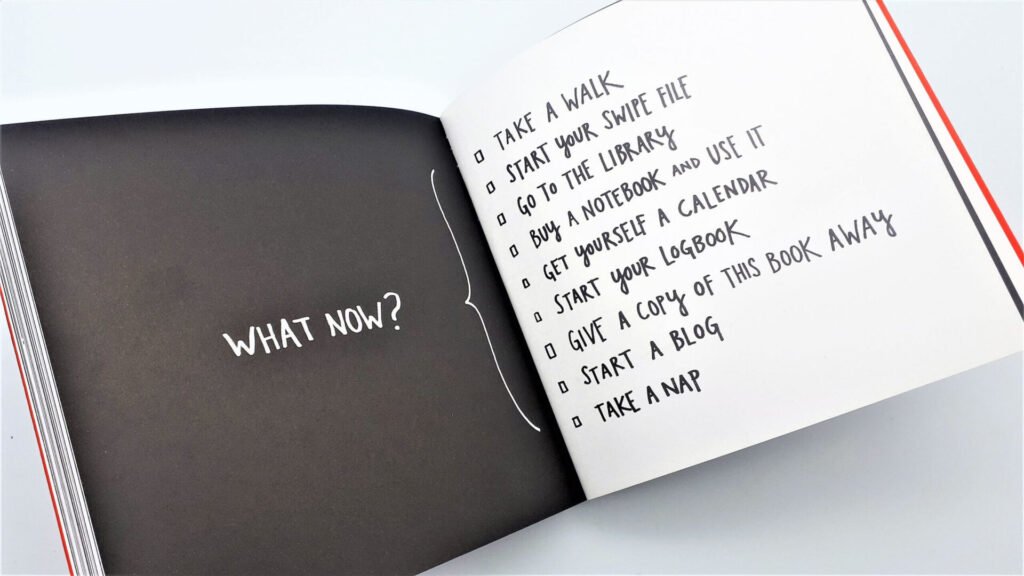
The author ignored the usual formats and built books as concisely and temptingly as possible -— all that you needed in the 21st century where you never have any time. Here you run the risk of gaining inspiration, stop being afraid and start doing something.


